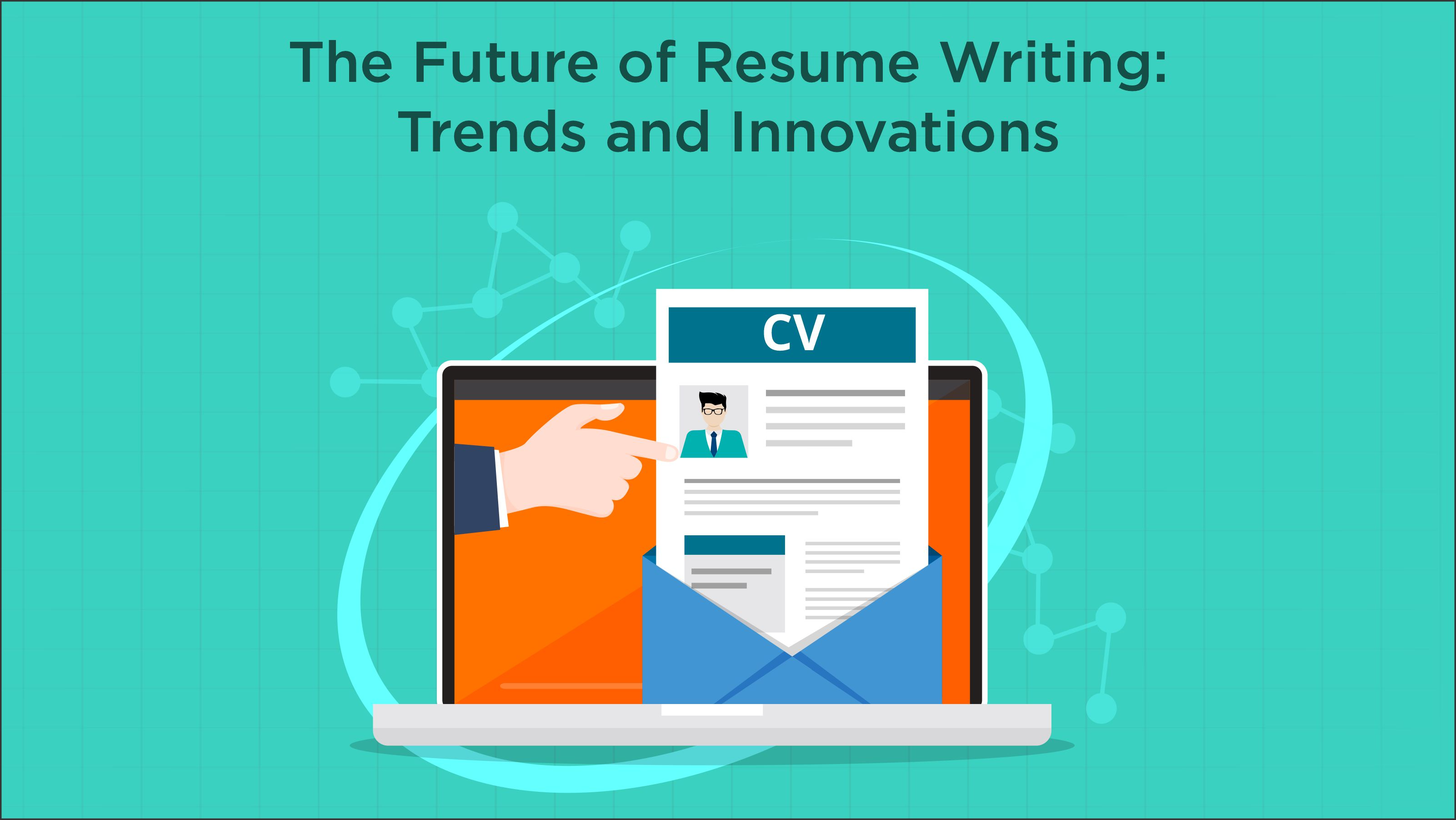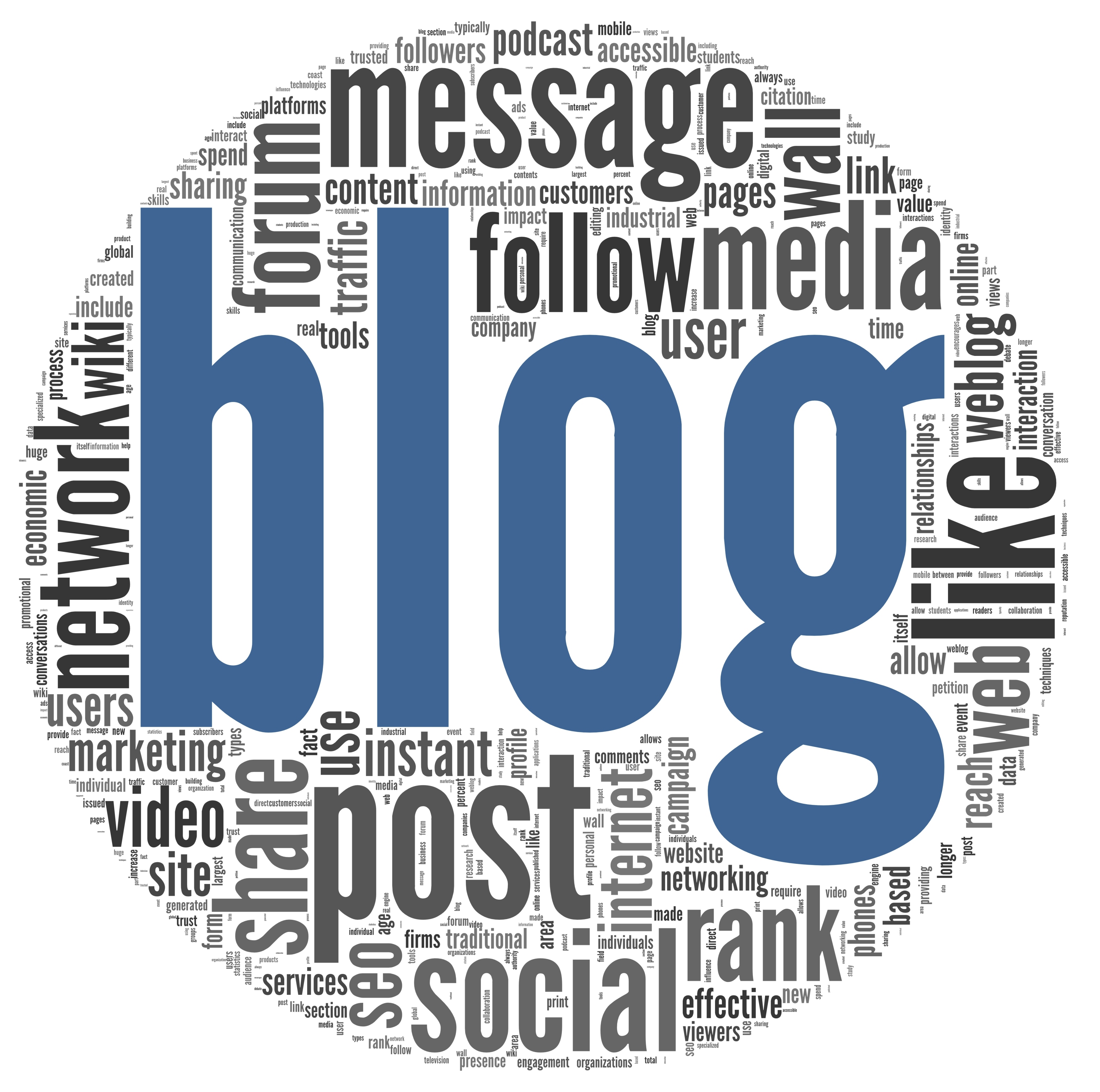The Future of Resume Writing: Trends and Innovations

In an era where technological advancements and shifting workplace dynamics continually redefine professional landscapes, the humble resume stands at the forefront of change. No longer merely a static document listing work history and skills, the resume has evolved into a dynamic representation of an individual's professional identity. As we delve into the future of resume writing, it becomes evident that emerging trends and innovations are reshaping how candidates present themselves to prospective employers.
- Personalization and Customization:
One of the most significant trends shaping the future of resume writing is personalization. Gone are the days of sending out generic resumes en masse. Instead, candidates are increasingly tailoring their resumes to specific job roles and organizations. This personalization goes beyond tweaking keywords; it involves crafting a narrative that aligns with the company's culture, values, and objectives. Tools like AI-driven resume builders and analytics enable candidates to customize their resumes effectively, increasing their chances of standing out in a competitive job market.
- Interactive and Multimedia Resumes:
As visual content gains prominence across digital platforms, resumes are following suit. The future of resume writing incorporates multimedia elements such as infographics, videos, and interactive portfolios to provide a more engaging and comprehensive overview of candidates' skills and experiences. Interactive resumes allow recruiters to explore candidates' work samples, projects, and accomplishments in a more immersive manner, fostering a deeper connection between the applicant and the hiring manager.
- Blockchain Technology for Credential Verification:
With concerns about resume fraud and credential misrepresentation on the rise, blockchain technology offers a secure solution for verifying candidates' qualifications and professional credentials. By storing educational degrees, certifications, and work history on a tamper-proof blockchain ledger, candidates can provide irrefutable evidence of their achievements, enhancing trust and transparency in the hiring process. Employers benefit from streamlined verification procedures and reduced risks of hiring unqualified candidates.
- Data-Driven Resume Optimization:
In an age where data analytics permeates every aspect of business operations, resume writing is no exception. Data-driven resume optimization involves leveraging insights from job market trends, employer preferences, and applicant tracking systems (ATS) to tailor resumes for maximum impact. By analyzing which keywords, skills, and formatting styles yield the best results, candidates can optimize their resumes to increase visibility and improve their chances of passing through ATS filters.
- AI-Powered Resume Screening and Matching:
Artificial intelligence is revolutionizing the resume screening process by automating tedious tasks and improving efficiency. AI-powered resume screening tools analyze resumes against job descriptions, identifying top candidates based on criteria such as skills, experience, and cultural fit. These tools not only save recruiters time but also reduce bias by focusing on meritocratic factors rather than subjective judgments. Moreover, AI-driven matching algorithms suggest relevant job opportunities to candidates based on their skills and preferences, facilitating better job-candidate alignment.
- Emphasis on Soft Skills and Emotional Intelligence:
While technical skills remain crucial, employers are placing increasing importance on soft skills and emotional intelligence in the workplace. The future of resume writing involves highlighting attributes such as communication, collaboration, adaptability, and leadership alongside traditional hard skills. Candidates are encouraged to showcase their emotional intelligence through examples of conflict resolution, teamwork, and empathy, demonstrating their capacity to thrive in diverse and dynamic work environments.
- Gamification and Gamified Assessments:
Gamification is emerging as a novel approach to engage candidates and assess their suitability for roles. Gamified resumes transform the traditional job application process into an interactive gaming experience, where candidates complete challenges, solve puzzles, and demonstrate their skills in a simulated environment. These gamified assessments not only provide recruiters with valuable insights into candidates' abilities but also offer a memorable and enjoyable experience for applicants, enhancing employer branding and candidate experience.
As we look ahead to the future of resume writing, it is clear that traditional approaches are giving way to innovative trends and technologies that redefine how candidates present themselves in the job market. From personalized narratives and multimedia resumes to blockchain-based credential verification and AI-driven screening, the resume of tomorrow is dynamic, data-driven, and deeply interconnected with the evolving needs of employers and candidates alike. By embracing these trends and innovations, job seekers can position themselves for success in an increasingly competitive and digitally-driven landscape.








